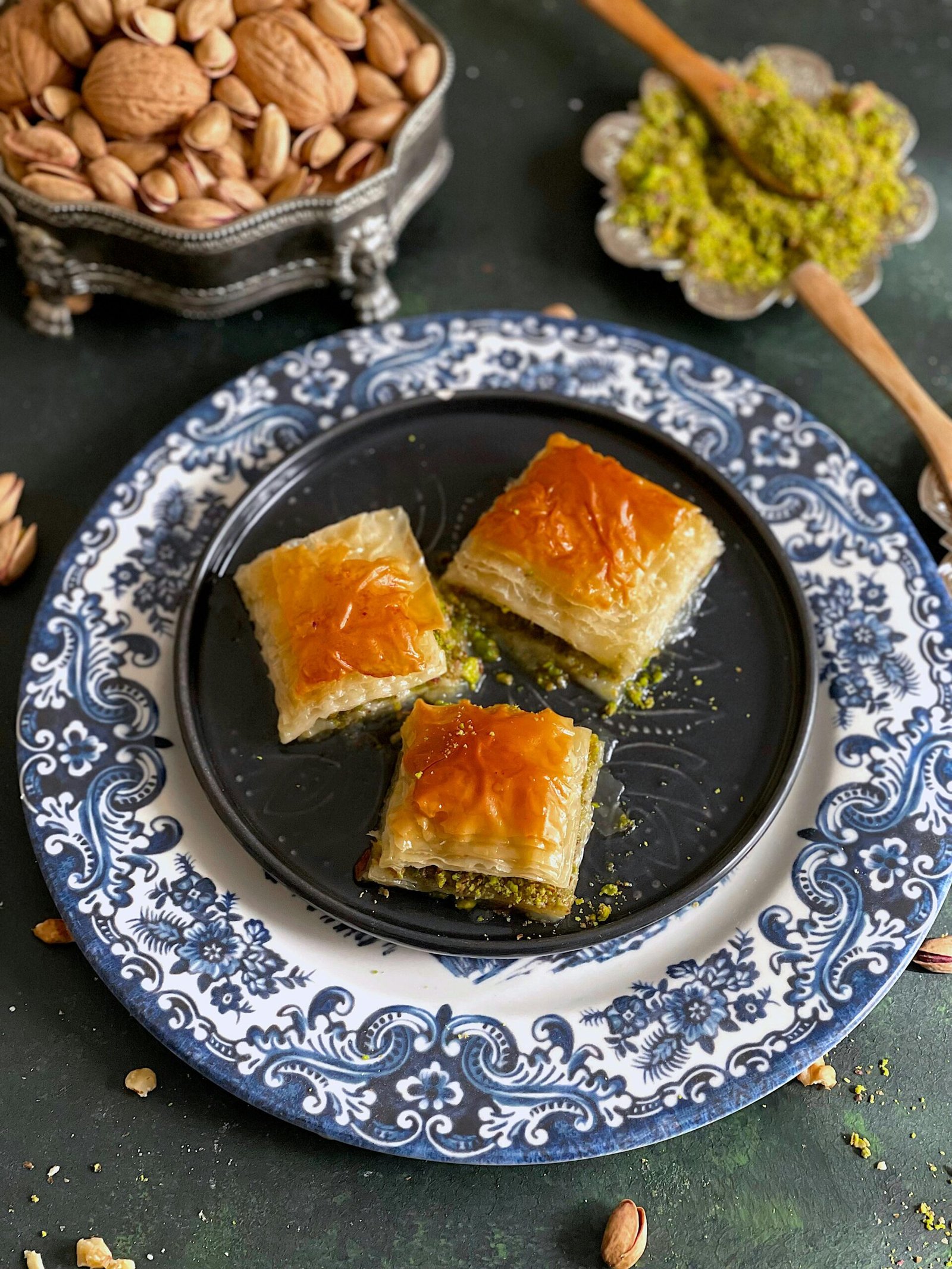Home -The Significance of Eid al-Fitr: Celebrating Faith and Community
The Significance of Eid al-Fitr: Celebrating Faith and Community

Eid al-Fitr, often referred to simply as Eid, is one of the most important festivals in the Islamic calendar. Celebrated by Muslims worldwide, it marks the end of Ramadan, the holy month of fasting, prayer, and reflection. Eid al-Fitr is a time of joy, gratitude, and community, symbolizing the culmination of a month of devotion and spiritual growth. This article explores the significance of Eid al-Fitr, its core traditions, and the impact it has on individuals and communities.
1. Spiritual Significance
Eid al-Fitr, which translates to “Festival of Breaking the Fast,” signifies a joyous occasion following the month of Ramadan. Muslims believe that fasting during Ramadan is a means of attaining spiritual purification and closeness to Allah (God). The conclusion of this month is marked by Eid al-Fitr, providing an opportunity to express gratitude for the strength, patience, and discipline exhibited throughout the month.
Eid is not only a celebration of completing Ramadan but also a moment of reflection and commitment to continue the spiritual practices established during the month. It serves as a reminder of the values of compassion, humility, and generosity that are emphasized during Ramadan.
2. Key Rituals and Traditions
The celebration of Eid al-Fitr encompasses various rituals and traditions that vary by culture and region, but several core practices are widely observed:
- Eid Prayer: On the morning of Eid, Muslims gather in mosques or open fields to perform a special prayer known as the Eid Salah. This prayer consists of two units (rakats) and is typically followed by a sermon (khutbah). The communal aspect of the prayer emphasizes unity and the shared joy of the occasion.
- Zakat al-Fitr: Before the Eid prayer, Muslims are required to give Zakat al-Fitr, a form of charity intended to purify those who fast from any indecent act or speech. This charity ensures that those in need can also partake in the festivities and enjoy a meal on Eid, reinforcing the importance of community and generosity.
- Feasting and Celebrations: After the prayers, families and friends gather to share festive meals, which often include traditional dishes, sweets, and desserts. Sharing food with loved ones is a way to express joy and gratitude, and it strengthens familial and communal bonds.
- Dress and Decorations: It is customary for individuals to wear their best clothes, often new or freshly cleaned, to signify the importance of the day. Homes are often decorated, and people greet each other with phrases like “Eid Mubarak,” meaning “Blessed Eid.”
- Acts of Kindness: Eid al-Fitr is a time for giving and kindness. Many Muslims use this occasion to visit the sick, support the less fortunate, and engage in acts of charity beyond Zakat al-Fitr. The spirit of giving is a hallmark of the celebration, highlighting the communal aspect of the festival.
3. Community and Global Unity
Eid al-Fitr transcends cultural and geographical boundaries, creating a sense of global unity among Muslims. Despite differences in customs and traditions, the core values of faith, gratitude, and community are universally celebrated. This shared experience fosters a sense of belonging within the global Muslim community (Ummah).
During Eid, many Muslims also take the opportunity to connect with family and friends, often traveling long distances to be together. This communal celebration strengthens relationships and reinforces the importance of family bonds, respect, and love.
4. Personal Growth and Reflection
Eid al-Fitr encourages personal growth and reflection on the lessons learned during Ramadan. The discipline practiced during fasting, prayer, and acts of charity should extend beyond the month of Ramadan. Eid serves as a reminder for individuals to maintain their spiritual practices, foster compassion, and engage in acts of kindness throughout the year.
For many, Eid is an opportunity to assess their spiritual journey and set new intentions for the future. It is a time to renew commitments to personal and communal values, ensuring that the lessons learned during Ramadan are carried forward.
Conclusion
Eid al-Fitr is a celebration that encapsulates the essence of faith, community, and gratitude. It is a time for Muslims to come together in prayer, reflection, and joyful celebration after a month of fasting and spiritual growth. The festival’s rituals and traditions emphasize the importance of charity, kindness, and unity, reinforcing the values that lie at the heart of Islam. As families and communities gather to celebrate, Eid al-Fitr serves as a powerful reminder of the strength found in faith and the beauty of human connection.
About Us
Islamic center is a community that open to anyone, not merely a mosque for worship. The Islamic Center is dedicated to upholding an Islamic identity.
